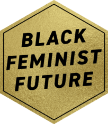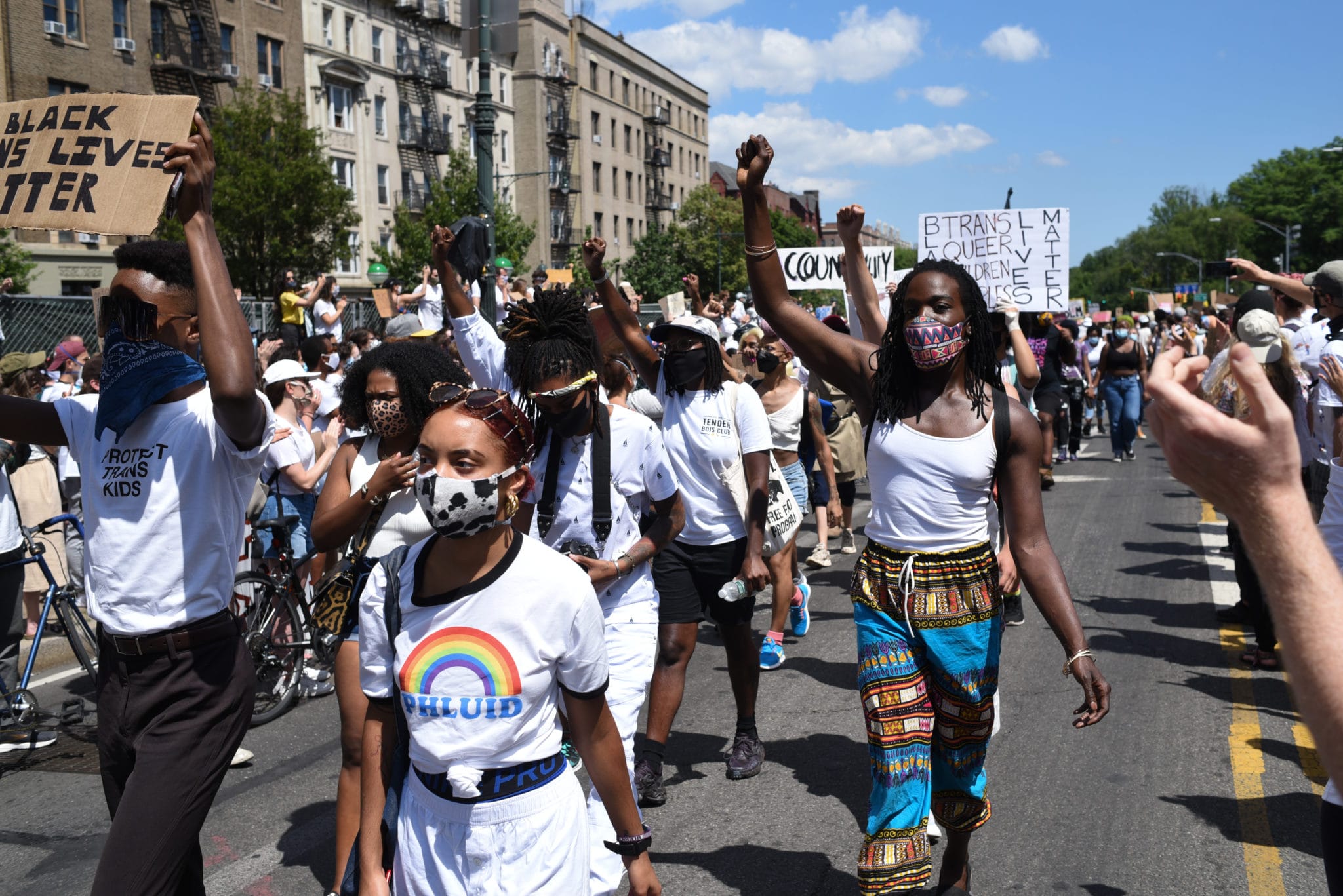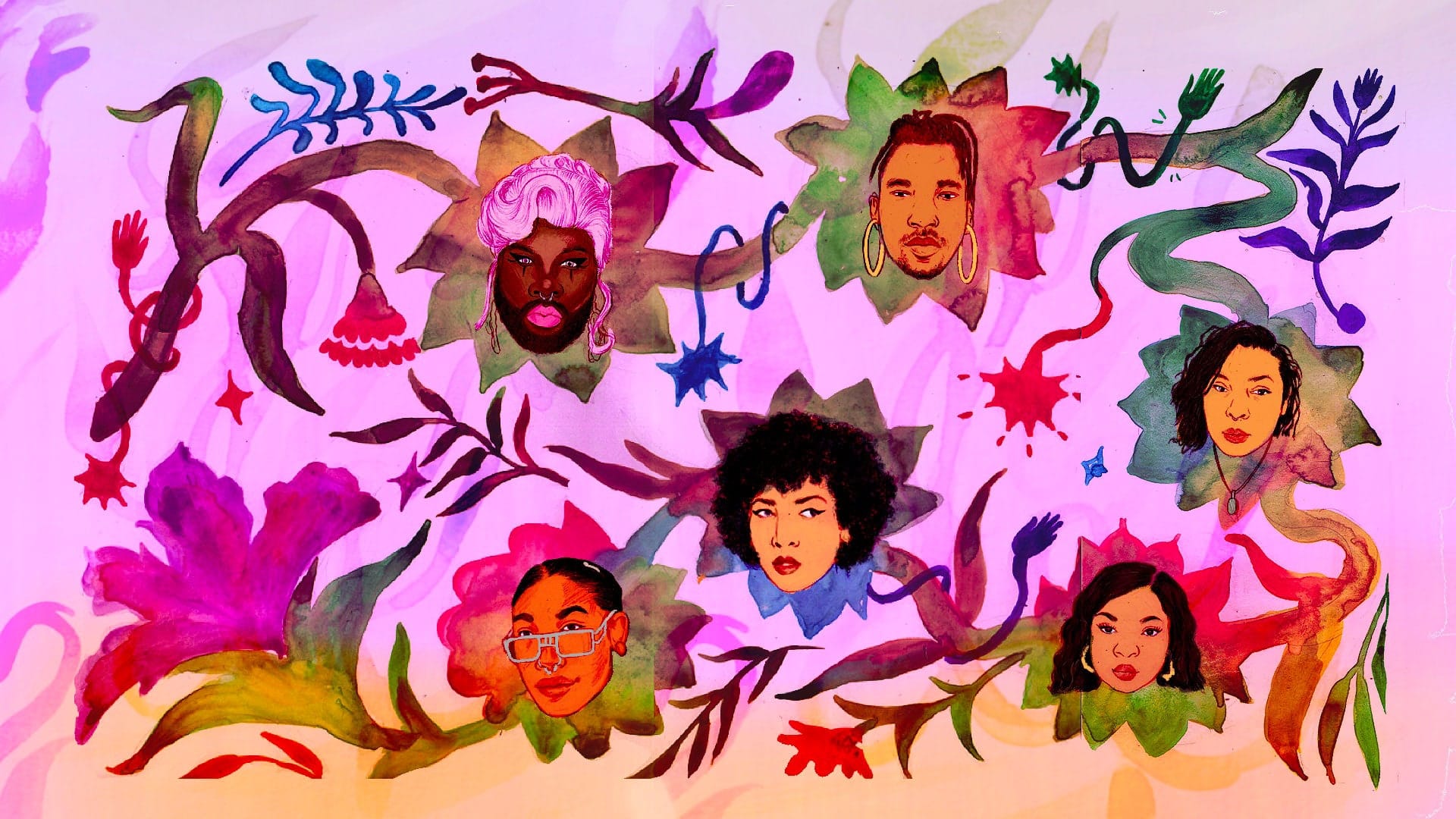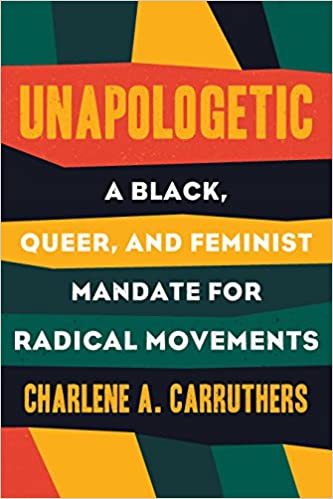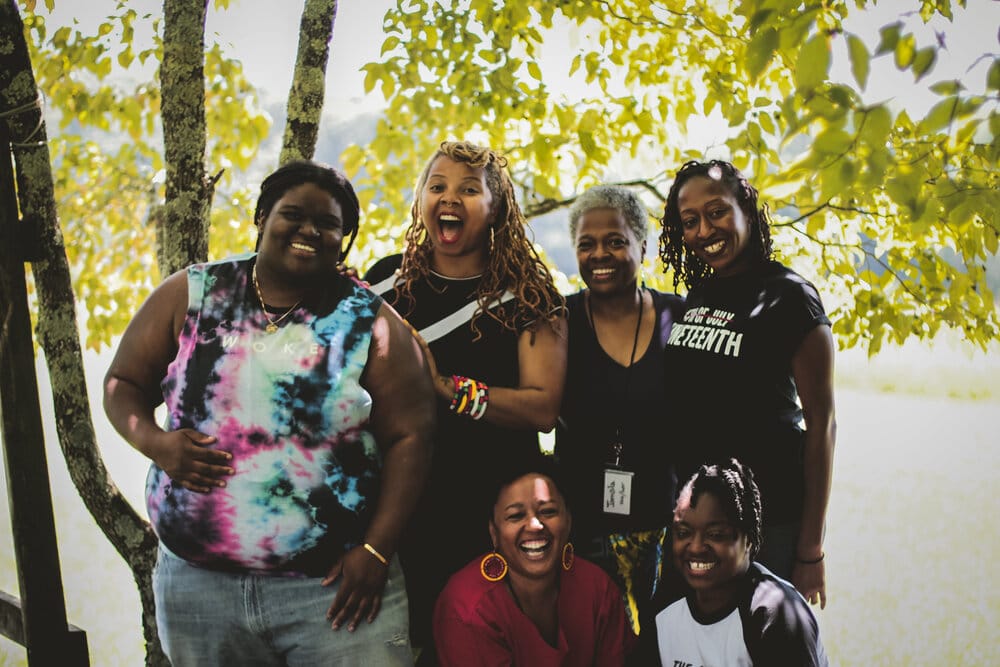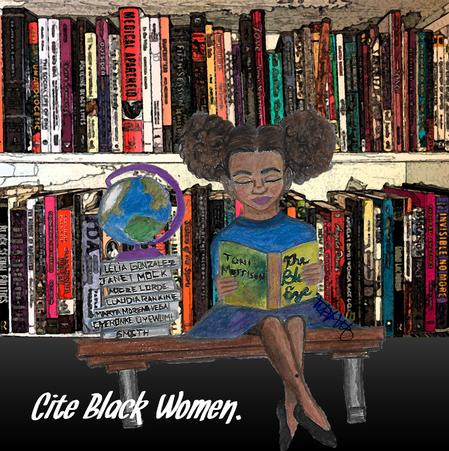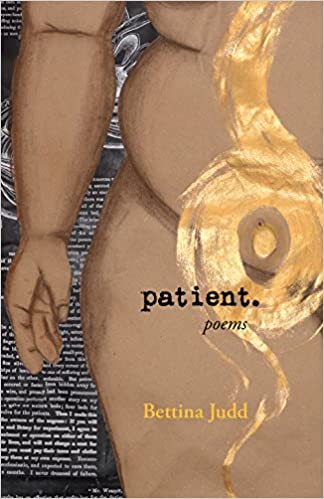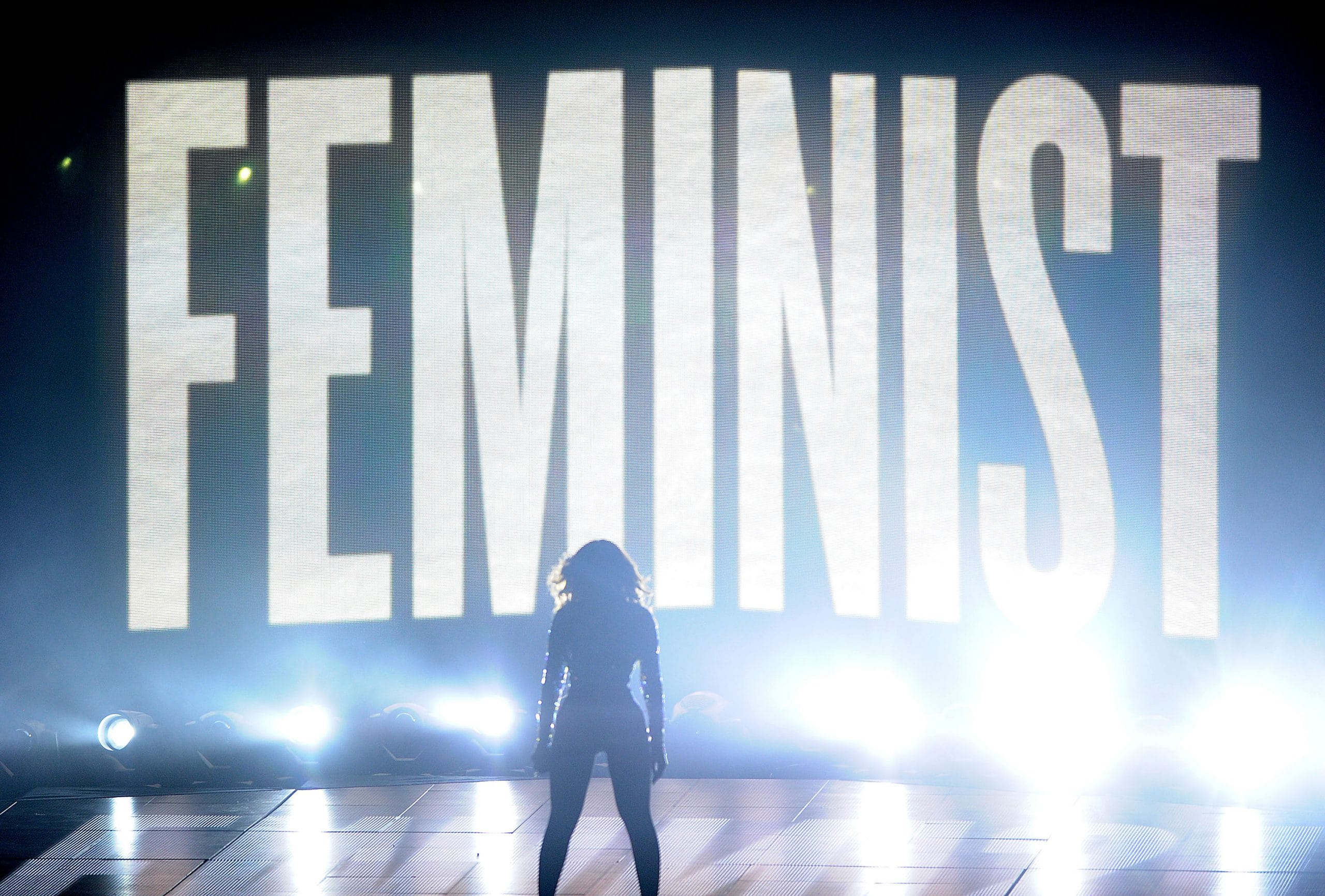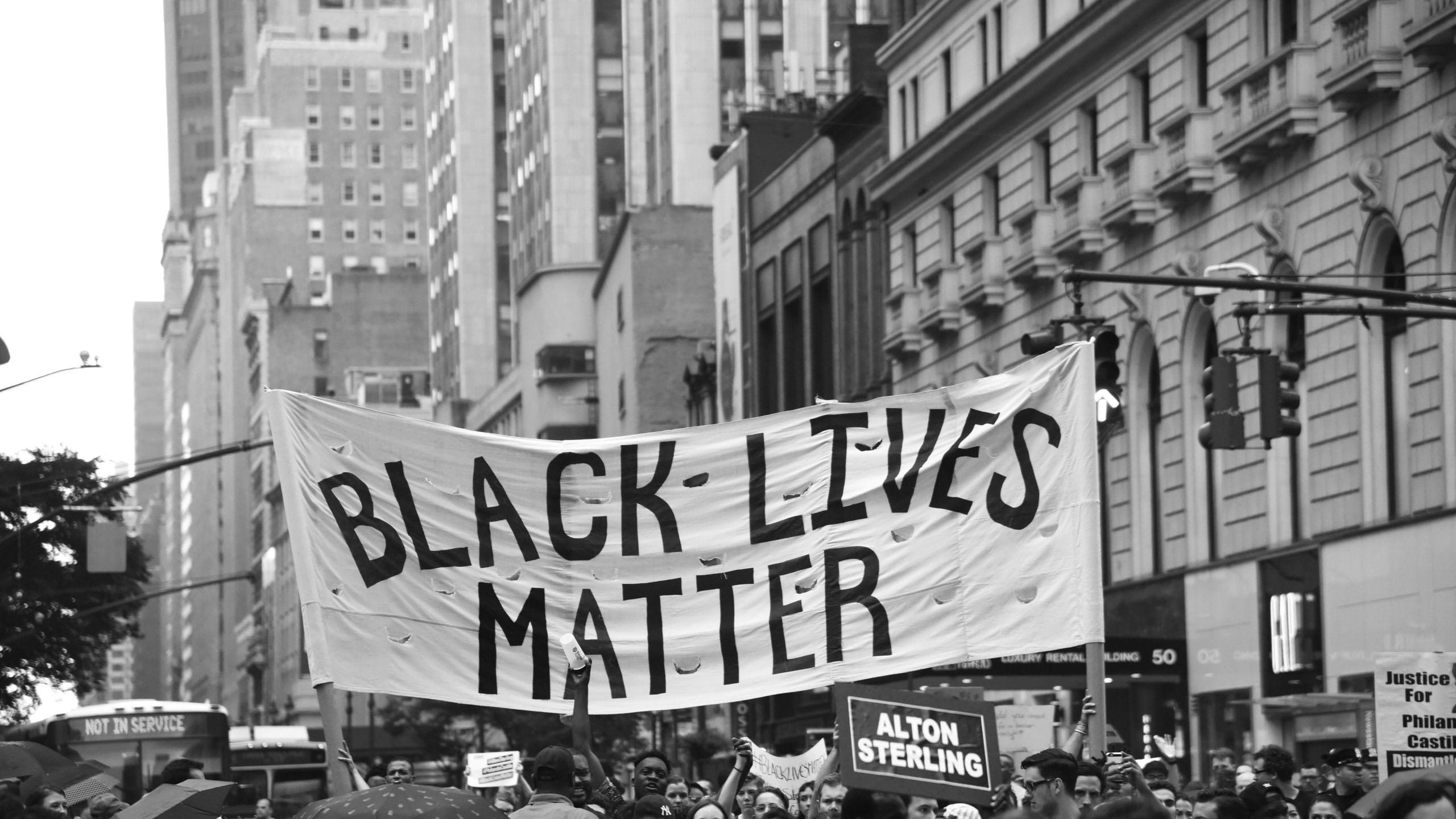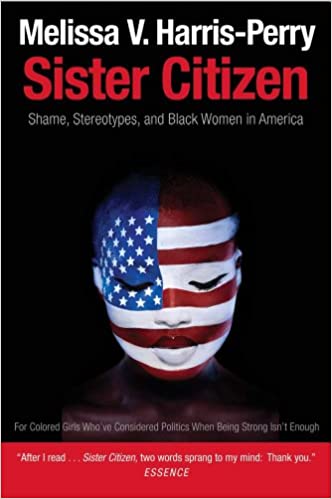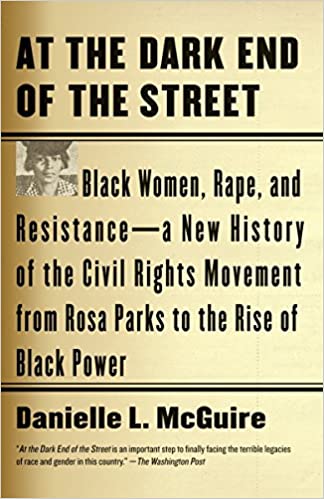While Black trans women have played integral roles in both the LGBTQ+ rights and the Black Lives Matter movement, they have been invisibilized in both spaces. In May 2020, as people began mobilizing in response to the murder of George Floyd, Black trans activists also called attention to the murder of trans people like Dominique Fells and Riah Milton. On Sunday, June 14, approximately 15,000 people attended the Brooklyn Liberation March in response to the murders of Black trans people. Additionally, due to the organizing and leadership of Black trans people, contributions to individual fundraisers, bail funds, and grassroots organizations that serve Black trans communities increased significantly. It is important to note, however, that Black trans activists are not only demanding visibility. They are also demanding safety and care, and for resources to be redistributed from the police and white, mainstream LGBTQ+ organizations, back to Black and brown-led grassroots initiatives.
Category: Cultural
Transgender Self-Defense
Due to the fact that 2020 was one of the deadliest years on record for Black trans people, Chicago-based groups like Molasses and THORN organized to ensure that Black trans people had the skills and tools they need to defend themselves. Groups that promote transgender self-defense provide “free tools, from stun guns to pocket knives to pepper spray, for Black and Brown trans people in need.”
Unapologetic, by Charlene Carruthers
“Drawing on Black intellectual and grassroots organizing traditions, including the Haitian Revolution, the U.S. civil rights movement, and LGBTQ rights and feminist movements, Unapologetic challenges all of us engaged in the social justice struggle to make the movement for Black liberation more radical, more queer, and more feminist. This book provides a vision for how social-justice movements can become sharper and more effective through principled struggle, healing justice, and leadership development. It also offers a flexible model of what deeply effective organizing can be, anchored in the Chicago model of activism, which features long-term commitment, cultural sensitivity, creative strategizing, and multiple cross-group alliances. And Unapologetic provides a clear framework for activists committed to building transformative power, encouraging young people to see themselves as visionaries and leaders.”
Black Feminist Organizing Schools
In 2018, Black Feminist Future launched Black Feminist Organizing Schools as a space for “seasoned organizers and newer activists to deepen their consciousness, analysis, and power” in order to lead “cutting-edge campaigns, organize their communities, and win concrete change for our people.” The first organizing school, which was titled Some of Us Are Brave, took place in New Market, Tennessee. It functioned as a space for people on the frontlines to strengthen their skills and Black feminist analysis of the state of the world and current conditions and experiences.
Cite Black Women
In November 2017, Christen A. Smith created Cite Black Women as a campaign to push people to engage in a radical praxis of citation that acknowledges and honors Black women’s transnational intellectual production. It started out with t-shirts with the simple phrase ‘Cite Black Women.’ The idea was to motivate everyone, but particularly academics, to critically reflect on their everyday practices of citation and start to consciously question how they can incorporate Black women into the core of their work. From there, the movement grew, expanding to Twitter, Instagram, and Facebook, and establishing the hashtags #CiteBlackWomen and #CiteBlackWomenSunday. Since then, Cite Black Women has grown into a podcast, blog, and website.
Patient: Poems, by Bettina Judd
“In Patient Bettina Judd beautifully (and horrifically) draws on historical evidence of 19th-century medical experimentation on Black women, scholarly explorations of the body and the archive, and personal medical history. The result is haunting in its insistence on laying bare these stories as they not only articulate experiences of the past but also resonate deeply with Black women’s experiences with the U.S. medical complex in the present.” — Elsa Barkley Brown, University of Maryland
Beyoncé Feminism
During the 2014 MTV Video Music Awards, Beyoncé performed her song “Flawless” in front of a sign that read “Feminist.” Following this performance, singer-songwriter Annie Lennox referred to Beyoncé as “feminist lite.” Lennox claimed that Beyoncé was tokenizing the movement and stated that “twerking is not feminism.” Beyoncé feminism, however, asserts that twerking can indeed be a feminist practice—there is liberation in Black women exploring the depths of their sexuality, and respectability politics will not get us free.
Black Lives Matter
In 2013, #BlackLivesMatter was founded by Opal Tometi, Patrisse Cullors, and Alicia Garza as a response to the acquittal of George Zimmerman (Trayvon Martin’s murderer). From the movement grew the organization Black Lives Matter Global Network Foundation, Inc., which is a “global organization in the US, UK, and Canada, whose mission is to eradicate white supremacy and build local power to intervene in violence inflicted on Black communities by the state and vigilantes.”
Sister Citizen, by Melissa V. Harris-Perry
Published in 2011, Melissa V. Harris-Perry’s Sister Citizen: Shame, Stereotypes, and Black Women in America utilizes “multiple methods of inquiry, including literary analysis, political theory, focus groups, surveys, and experimental research, to understand more deeply Black women’s political and emotional responses to pervasive negative race and gender images. Not a traditional political-science work concerned with office-seeking, voting, or ideology, Sister Citizen instead explores how African American women understand themselves as citizens and what they expect from political organizing. Harris-Perry shows that the shared struggle to preserve an authentic self and secure recognition as a citizen links together Black women in America, from the anonymous survivors of Hurricane Katrina to the current First Lady of the United States.”
At the Dark End of the Street, by Danielle L. McGuire
Danielle L. McGuire’s book, At the Dark End of the Street: Black Women, Rape, and Resistance—A New History of the Civil Rights Movement from Rosa Parks to the Rise of Black Power (2011), centers the stories of Rosa Parks and Recy Taylor. In this text, McGuire details the sexual violence that Black women experienced throughout the civil-rights movement.
